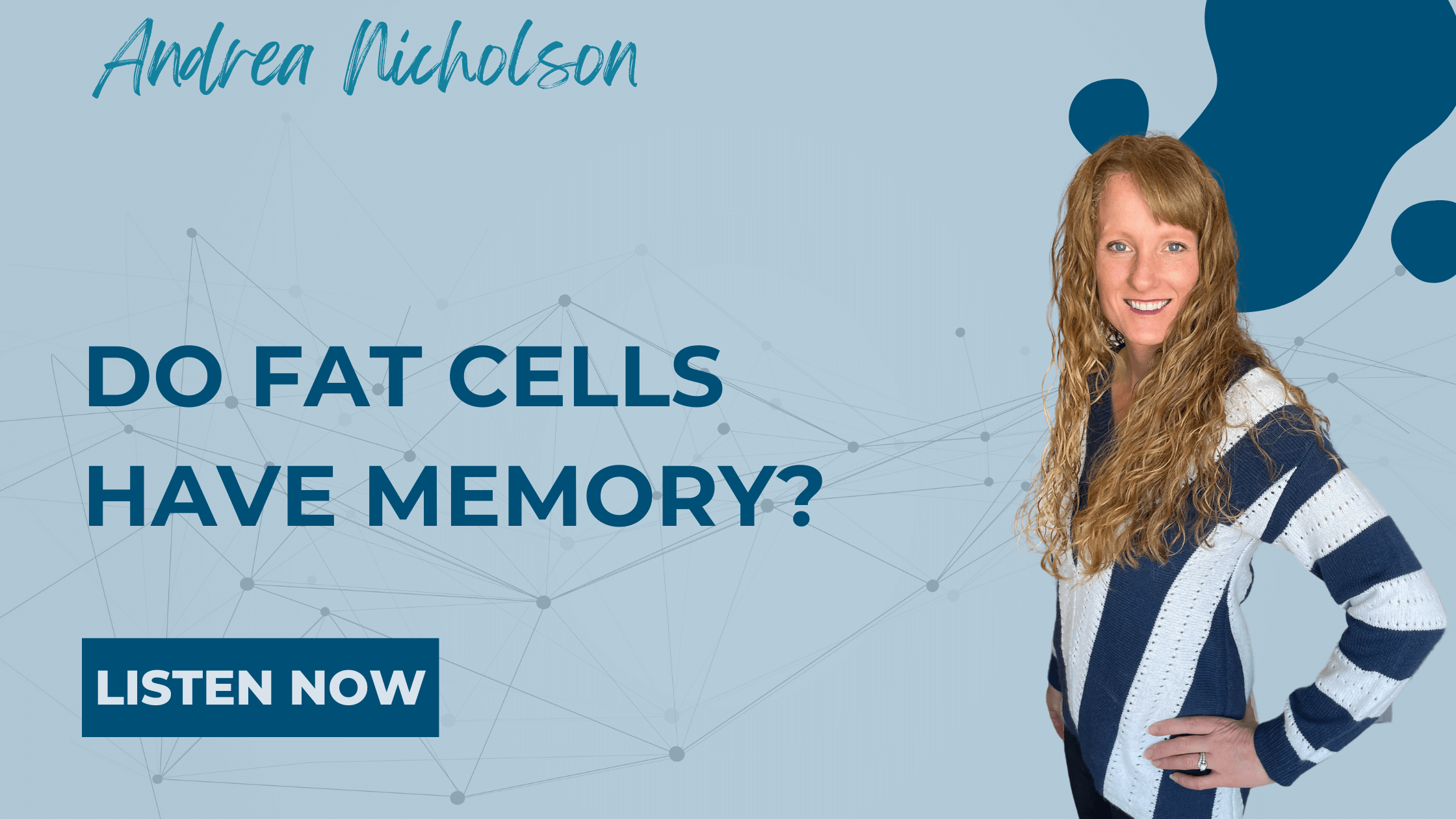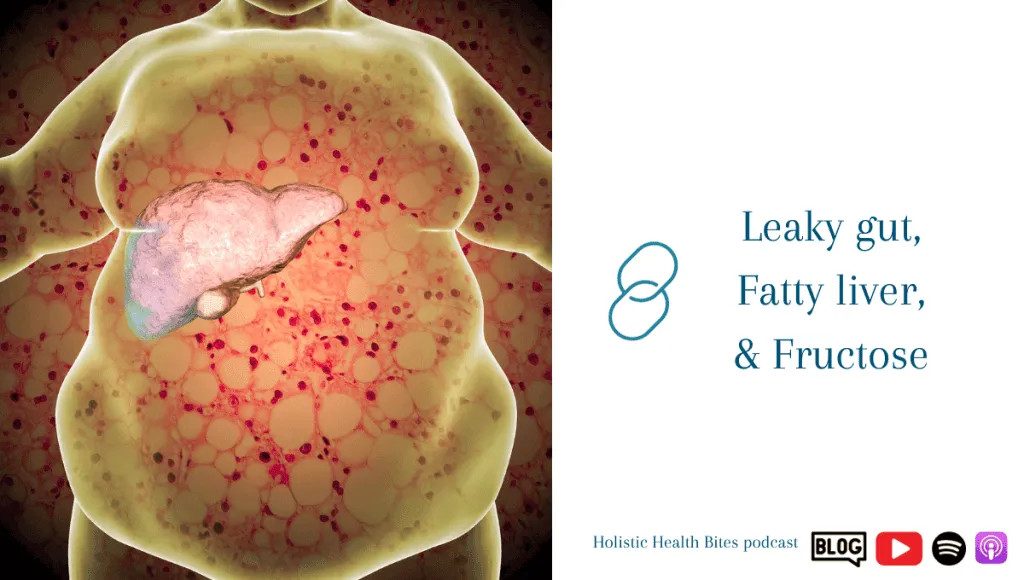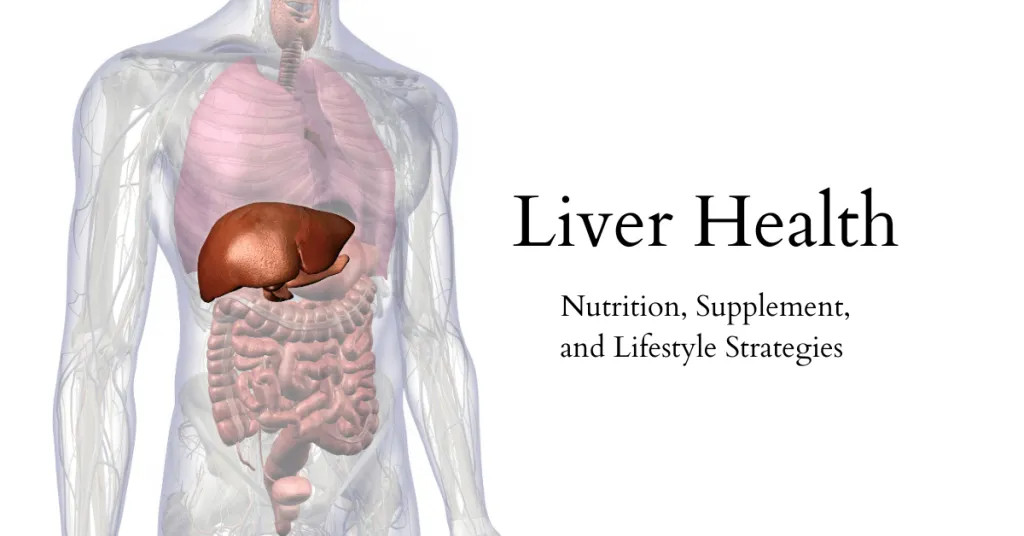
Do Fat Cells Have Memory?
Does prior obesity increase the risk of future obesity? New research suggests it does!
This newly study published in the journal Nature compared people who lost weight after being obese to people who had never been overweight to see what changes they could discern at the cellular level.
In this study, they removed fat cells from people who had lost at least 25% of their body weight 2 years ago and compared it to people who had always been lean. They found that even after the weight loss, some of the previously obese people had genetic expression changes associated with increased risk of obesity. Specifically, they had higher expression of inflammation genes and reduced expression of metabolic function genes. So - more inflammation, which we know is related to weight gain as well as the development of many disease processes…AND decreased metabolic function, which would also contribute to easier weight gain. A double whammy.
Does this play out in the ‘real world’? Observationally, it would seem to…but we can’t claim causality based on observations alone. We all know people who have successfully lost weight, only to regain the weight (often plus more). But what we can’t say based on seeing people regain the weight is WHY. Did they go back to eating a poor diet? Did their stress levels increase dramatically? Did their sleep become disrupted? Do they have a new injury or disease diagnosis that increases their risk? Do they have a toxin exposure that the fat is protecting them from such as mold or chemicals? Did they stop taking a medication that was helping? Did they stop exercising? Or is it something internal like this epigenetic memory affecting their genes?
Likely, the regain is a combination of factors.
What we don’t know about this epigenetic memory is how long does it last. A few animal studies do show that once-obese animals’ fat tissue more readily takes up sugar and converts it to fat as compared to control animals. This contributes to fatty liver, higher insulin levels, and many disease dynamics, in addition to the weight gain.
We also know that your current diet and lifestyle choices have the largest impact on your health today…much more so than the health you had in the past. So, don’t let this epigenetic memory be the reason you give up focusing on your health. It’s possible that if these same subjects don’t regain the weight and are studied again after more years have passed since the weight loss, that the epigenetic factors have faded.
Future studies will be interesting to monitor. They’re also interested in exploring epigenetic changes to the brain and other tissues associated with weight loss or gain - does it affect appetite regulation? Does it affect metabolic hormones?
There’s a lot more to explore when it comes to all of the factors that contribute to overall metabolic health. Choose wisely when it comes to quality nutrition, lifestyle, sleep, stress, chemical exposures and overall health. Most often, it’s the food choices, but don’t stop there.
Until the next…be well and vibrant.





















0 Comments